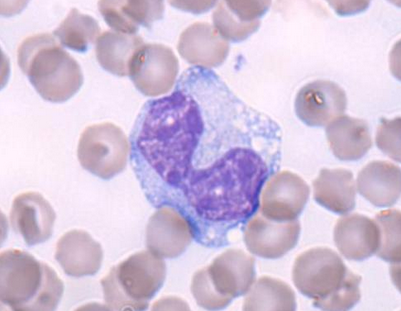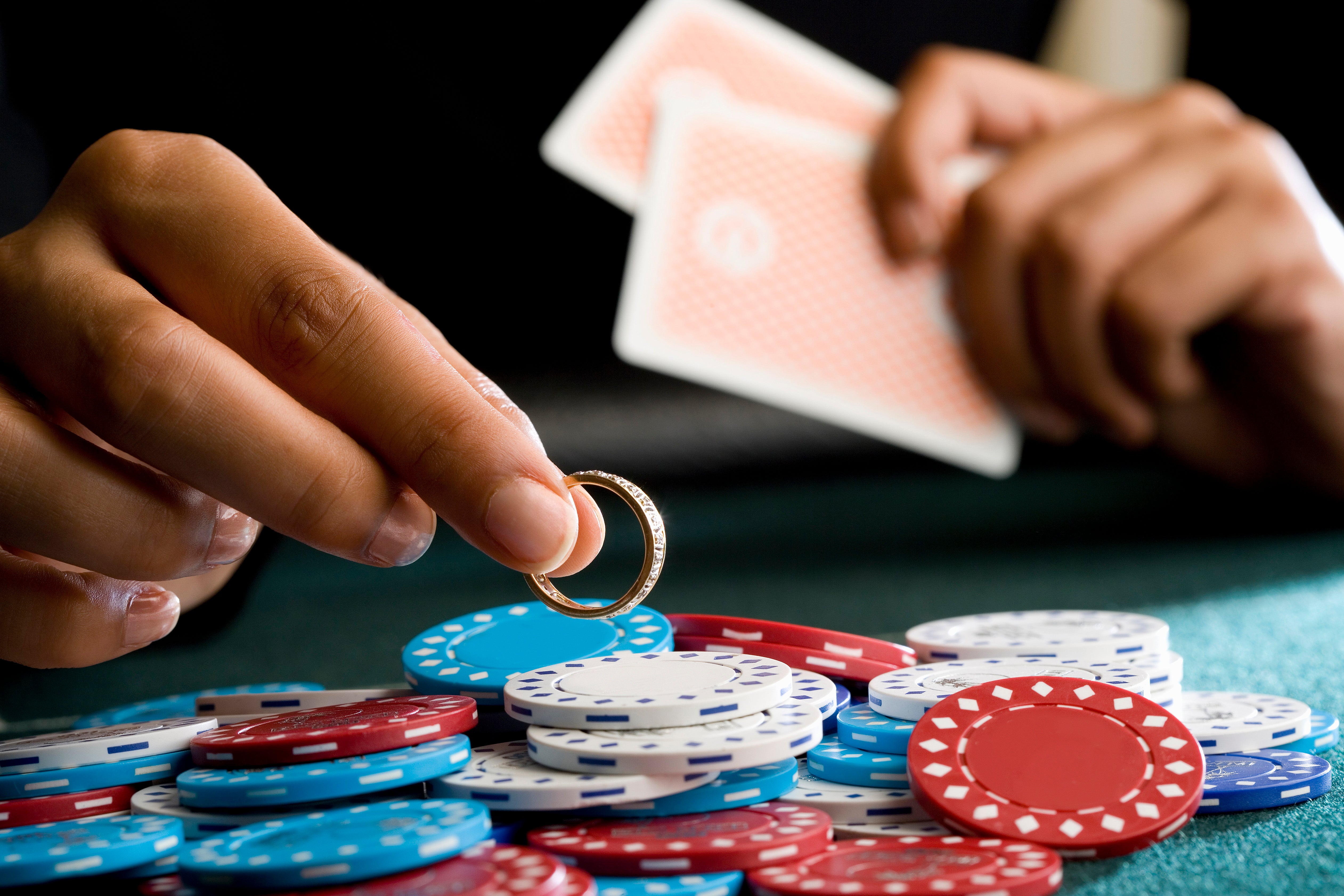Causes Of Gambling Disorder
While gambling can be a fun, harmless activity for many, it can also lead to the development of compulsive behaviors.
The rush of betting and the anticipation of winning can be thrilling, but for some, those feelings can become addictive.

No one knows what causes problem gambling. Although there are relationships found between family gambling behaviour, age of onset of gambling, and experiencing a big win early in their gambling career, it is not possible to determine cause and effect. This is further complicated by the fact that problem gambling is rarely found in isolation. What are the symptoms of gambling addiction? Thinking about gambling more often; having a craving for gambling that grows in intensely. Gambling money or possessions you don’t have. Needing to make bigger bets more often to achieve the rush of excitement. Becoming irritable or restless when trying.
When gambling becomes addictive, it can cause a person to feel an uncontrollable desire to continue gambling, even if it is negatively impacting their life.
Much like an addiction to drugs or alcohol, gambling stimulates the reward system in the brain. A person can become addicted to the rush of gambling even when faced with consequences such as increasing debt and loss of savings. Unlike most casual gamblers who may stop when they are losing or set a limit, a person with a gambling addiction will keep pushing forward. While they may be compelled to try and recollect all of their money, it encourages behaviors that are destructive and impossible to sustain.
Signs & Symptoms of Gambling Addiction
It can be difficult to identify when casual gambling becomes a problem. This is because gambling addiction can cause a person to become more secretive and lie about their behaviors. With the introduction of online gambling, it can be even easier to conceal when it becomes problematic.Signs and symptoms of gambling addiction you may observe in someone include:
- Becoming preoccupied with gambling
- Gambling increasingly larger amounts of money
- An inability to cut back or stop gambling
- Gambling to escape stressors of everyday life
- Feeling irritable or anxious when not gambling as often
- Lying about gambling habits to friends or family
- Asking for financial help when gambling has cost too much money
- Putting employment, relationships, and other responsibilities at risk in favor of gambling
- Stealing to support gambling habit
Risk Factors for Gambling Addiction
Causes Of Gambling Disorder
While it is not known what exactly causes a gambling addiction to develop, there are some risk factors that are often found in those who exhibit signs. These include:
- Presence of mental health disorders: Compulsive addiction is often found in people who struggle with another mental health disorder. This can include substance abuse disorders, personality disorders, or depression and anxiety.
- Age: Gambling addiction is most commonly observed in young adults and middle-aged adults.
- Sex: Men are more likely to develop an addiction to gambling than women. When gambling addiction develops in women, it is often later in life and spirals more quickly.
- Influence from others: Having a friend or family member in your life who also struggles with gambling addiction can increase your risk for it as well.
- Personality Characteristics: Those who are workaholics, impulsive, or easily bored can be at a higher risk for developing an addiction to gambling.
Compulsive gambling can have dramatic repercussions, causing a person to struggle with life-long issues as a result.
Gambling can cause a person to develop relationship problems, financial and legal issues, and may cause a person to experience loss of employment and poor health. Without proper intervention, gambling can cause a person to lose control of their life completely.
Although there is no way to completely prevent a gambling addiction from developing, there are ways to help educate people about the risks and intervene if an addiction has developed. Understanding the risk factors can help a person become more self-aware regarding their own patterns and seek help should gambling begin to affect their quality of life.Treatment for gambling addiction uses similar therapy options found in substance addiction treatment.
What Does Treatment for Gambling Addiction Include?
Treatments for gambling addiction may include:
- Therapy: Therapy is one of the most commonly utilized form of care for gambling addiction. Using approaches such as cognitive behavioral therapy (CBT) can be beneficial as it helps a person identify what motivates addictive behaviors. Once they have a better understanding of where the underlying drive comes from, they can actively work to reduce the urge to gamble by changing the way the feel and think about the activity itself.
- Medications: In cases where gambling is fueled by underlying mental health disorders, medications may be used to help relieve symptoms. By reducing the impact of these symptoms, a person can focus on their mental health needs and develop healthy coping mechanisms rather than using gambling as a destructive outlet.
- Self-help groups: Some find it beneficial to connect with others who share similar experiences. Self-help groups provide the opportunity to connect with others who have faced similar challenges. In these group settings, members can both give and receive support and are able to learn from the experiences of others.
Gambling addiction is widespread and with increased access to it through online venues, the need for education and policies is more apparent than ever. Online availability makes gambling accessible to anyone, regardless of age, and can put many at risk for life-changing consequences should the behavior escalate. If you suspect a loved one is struggling with gambling, it is important to intervene as quickly as possible in order to address its negative impact on their life before it spirals further.

If you or a loved one are struggling with addiction, we’re here to help. Contact us today and speak with one of our trusted recovery advisors.
Everyone’s that is addicted to gambling has his or her own story. Some people decide to gamble because they can make money from it. Others do it because it is a welcome distraction from the different emotional trauma they are passing through in their lives. Here are some few cases of gambling and the effects of it.
Why do people gamble or what pushes someone to gamble? Greed and the desire to make more money can make someone become an addict. Gambling is the result of people seeking excitement mixed with the chase of simple material things. People enjoy the drama that comes with gambling, the adrenaline rush and obviously, the money at the end of a good day. Gamblers on most occasion don’t know when to quit and the effect of this could be financial ruin.
The main cause of gambling is the result of greed and the desire to make money in most situations. One reason this leads to a great problem is that in some cases it may be irresistible. This proves that an addiction to it leads to the main cause of gambling problems. The effects gambling can have on individuals can vary, but the most devastating of them all is the effects it has on the family of the individual involved. Irresistible gambling can lead to medical and financial problems. Medically it can lead to loss of sleep, high blood pressure and depression. In some cases, people have lost their properties and homes to gambling.
In the United Kingdom, you will find a lot of gambling addicts that play top online slots at 777 spinslot just to get a refill of adrenaline rush in their blood without being exposed to any threat. The excitement they get by making more money is dangerous and very stressful. The anxiety people receive from gambling could be so addictive that they try to gamble more in order to win the first bet they gambled on. However, in most situations it always turns out bad and the effect of this is devastating.

Gambling addiction and its bad side
Causes Of Gaming Disorder
There are situations in which gambling can become a dangerous problem for individuals – creating havoc in their lives. A Gambling situation that involves so many problems is harmful to both psychological and physical health. In the UK alone, studies show that the rate of gambling can lead to suicide as a result of bad health from depression and anxiety disorder. Because of the negative impact it had on the public, it has become a major health concern in developed countries.
Causes Of Gambling Disorder
Main Effects of gambling
A common effect of gambling is that it can lead to the loss of jobs, failed marriages and massive debt. Now you can see what addicts go through with issues like mental health disorder, depression, and mood disorder. So, before you decide to make betting or gambling a part of your life, better to think wisely of the path you choose to take. If it is something you truly want to get involved in.